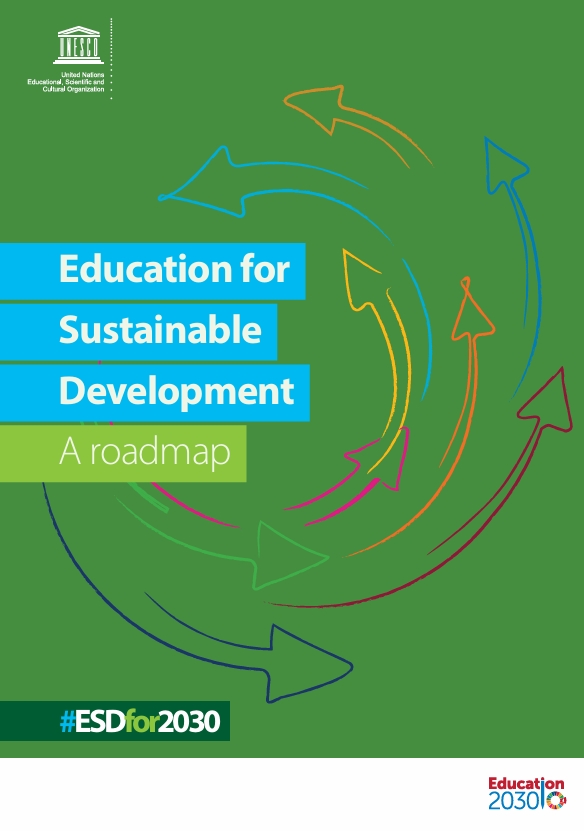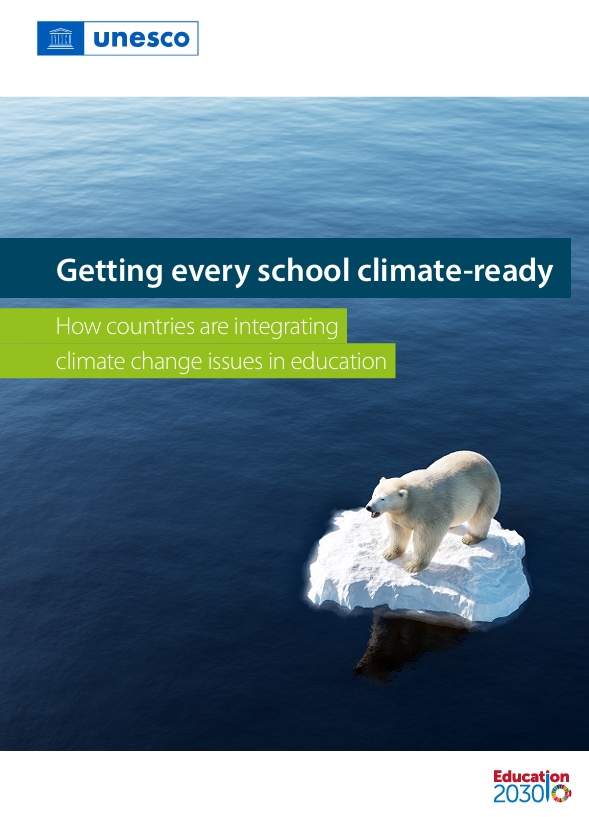Story Source: Qrius ~ Go to Original Article
The draft National Education Policy released in May 2019 took a step forward by recommending an extension of the scope of the right to education act by including pre-primary and secondary education within its purview. In this post, Seema Rajput argues that despite the draft Policy highlighting the priority of bringing out-of-school children back into education, no tangible strategy has been proposed keeping in view the practical challenges these children face.
The new and much-awaited draft National Education Policy (NEP) was released into the public domain by the new Human Resource Development (HRD) Minister, Shri Ramesh Pokhriyal Nishank, soon after he took charge on 31 May 2019. The release of the draft Policy was geared towards seeking suggestions and feedback from relevant stakeholders………………………..






